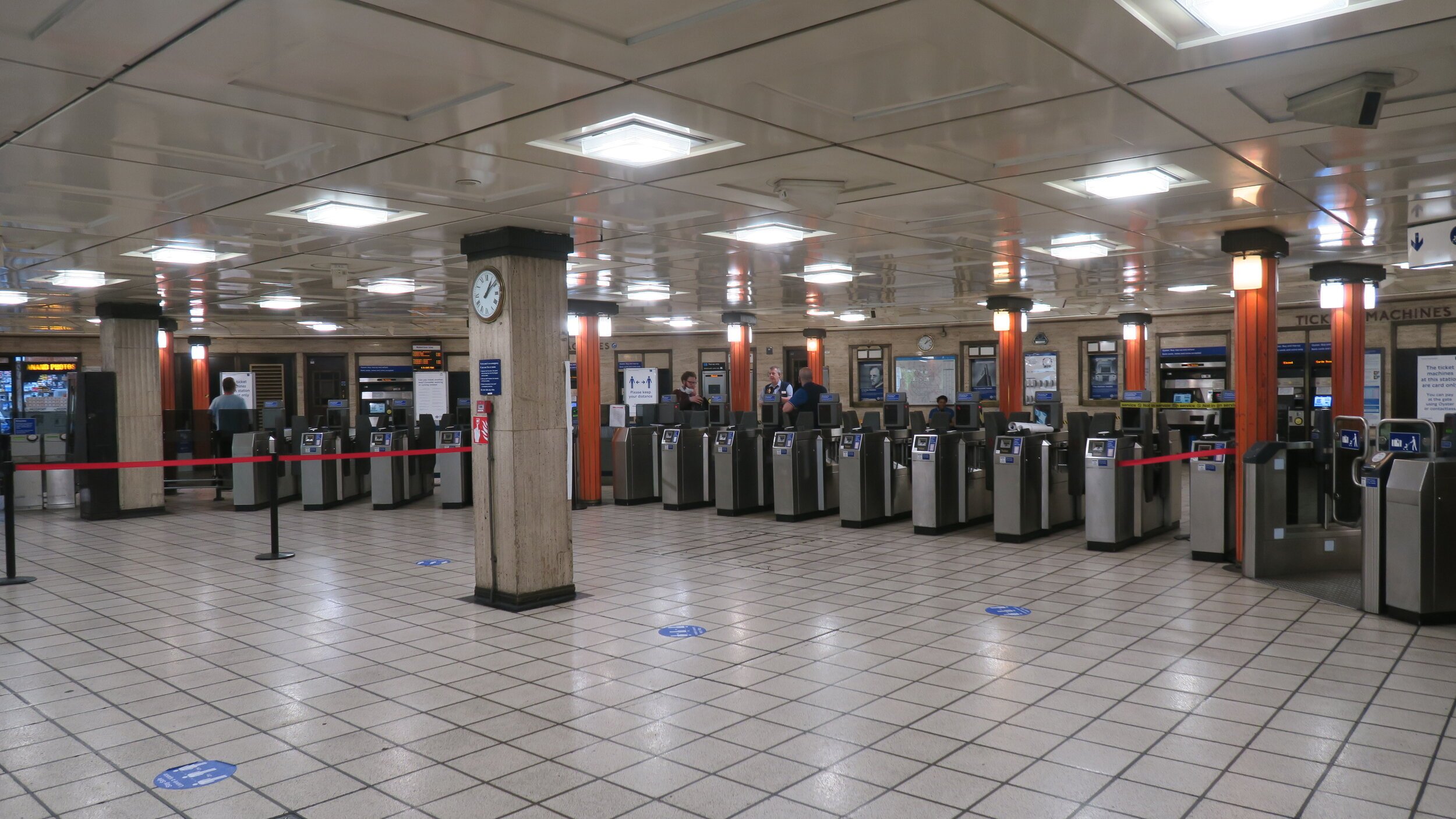'What COVID-19 Has Taught Me' by Jerry Marwood
Moon Executive Search asked Jerry Marwood, Group Managing Director (Commercial) of AF Blakemore, one of the top 50 privately held businesses in the U.K, about his experience in consumer business over the last six months, and what this may mean moving forward.
1) How did the pandemic initially affect consumer goods businesses?
‘SPAR primarily distribute goods in the Foodservice and Convenience sector as well as operating three hundred of our own retail stores.
The market for us literally split into two. Our three biggest Foodservice channels are schools, hospitality (mainly pubs) and holiday centres - all of which came to a grinding halt as lockdown rules kicked in. Meanwhile our own retail operation and that of our customers retail businesses were experiencing demand peaks that normally only happens when we have heavy snow or extreme summer.
Consumers started to shop locally changing both their shopping habits and indeed their attitude to our store teams. Food Retailers overnight become “key workers” and local stores became the lifeline for many people who were suddenly forced to re-think their way of life.
As a B2B operator we had to seriously reconsider how we gave support to our business customers as well as how we faced into consumer needs. It’s well known that items such as toilet paper were in short supply but in truth modern supply chains typically don’t hold more than two weeks stock so most items we needed were in short supply meaning that our traders were working 24/7 to find alternatives.
2) As an MD, which changes did you have to implement and what were those decisions based on?
Like many businesses we had to enable some of our teams to work from home, this isn’t the way we have typically operated but we managed to move to this way of working very quickly.
We also needed to put parts of our business “on hold” which meant we were stuck with stock that had nowhere to go, no work for hundreds of our colleagues and city centre retail and foodservice sites that had no customers.
A consequence of all this was that our communication needed to step up several levels. Again this was led by team members who saw the opportunity to take on extra responsibility and create networks in the business that solved problems and shortened the line of communication.
3) What are the long term implications for consumer goods?
Digital will dominate. We launched two versions of a home delivery service, one for customers who were shielding and another for shoppers who just didn’t want to venture out, both were very successful from day one.
Shoppers seem to have a better appreciation for the services they can get from their local retailer. The level of proactive, positive comments and thank you notes we received (and still do) is unprecedented in my experience.
Foodservice and eating out generally will take a long time to recover. The winners will be the locations that can deal with a high degree of social distancing without the loss of atmosphere - tricky to pull off but worth it.
‘Foodservice and eating out generally will take a long time to recover. The winners will be the locations that can deal with a high degree of social distancing without the loss of atmosphere.’
4) What lessons has this pandemic taught you?
Long term investment in company culture and colleague development pays off when you really need it. The performance of our teams has been nothing short of incredible.
We can turn “transactional” customer relationships into long term partnerships when the going gets tough. There’s an immediate need to share perspectives and experiences openly and this cuts through the reserve that still exists with some clients.
The organisation can change very quickly when it needs to; ways of working, bespoke reports, new products and services all materialised rapidly without fuss. New teams were formed by colleagues working together who had previously not had any reason to.
We also learned that if the devolved governments could act differently - they would. I’m not against devolution itself but at times of crisis they need to put aside political point scoring and join the effort. Their differing approaches delayed our decisions, made clear communication almost impossible and multiplied our costs.’
Luckily the furlough system came into being very quickly and that addressed the worries of us as a business and many of our team members who prior to this had been worried about their jobs as well as their families health.
Whilst lock down negatively impacted some parts of our business the retail and distribution operations were trying to keep up. Not only did we have a responsibility to make sure our consumers got the required food and services we needed to make sure our business customers could provide for their consumers also.
This aspect of what we do is often overlooked. Our independent retailers rely on their supply chain (us!) being uninterrupted and when life is “routine” this is taken for granted. Of course as soon as there is a threat to the status quo you have the survival of many of your customers businesses potentially in the balance, so the need to prioritise their needs and literally deliver for them is paramount.
Jerry also sits on the board with SPAR food distribution works as a Non-Executive Director with both eXPD8 and Eat17.
If your organisation requires exceptional leaders like Jerry, to transform and grow, email Moon Executive Search today for more information. For an example of how we approach building a board for a client, visit our Board Build case study to find out more.



